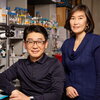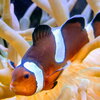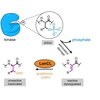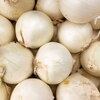Image

The Carl R. Woese Institute for Genomic Biology (IGB) is dedicated to transformative research and technology in life sciences. Team-based themes tackle grand societal challenges in food security, energy, health, technology, and environmental conservation. Its facilities include a microfabrication lab, plant growth facility, and a microscopy suite.










387 Morrill Hall, MC-119
505 South Goodwin Avenue
Urbana, IL 61801